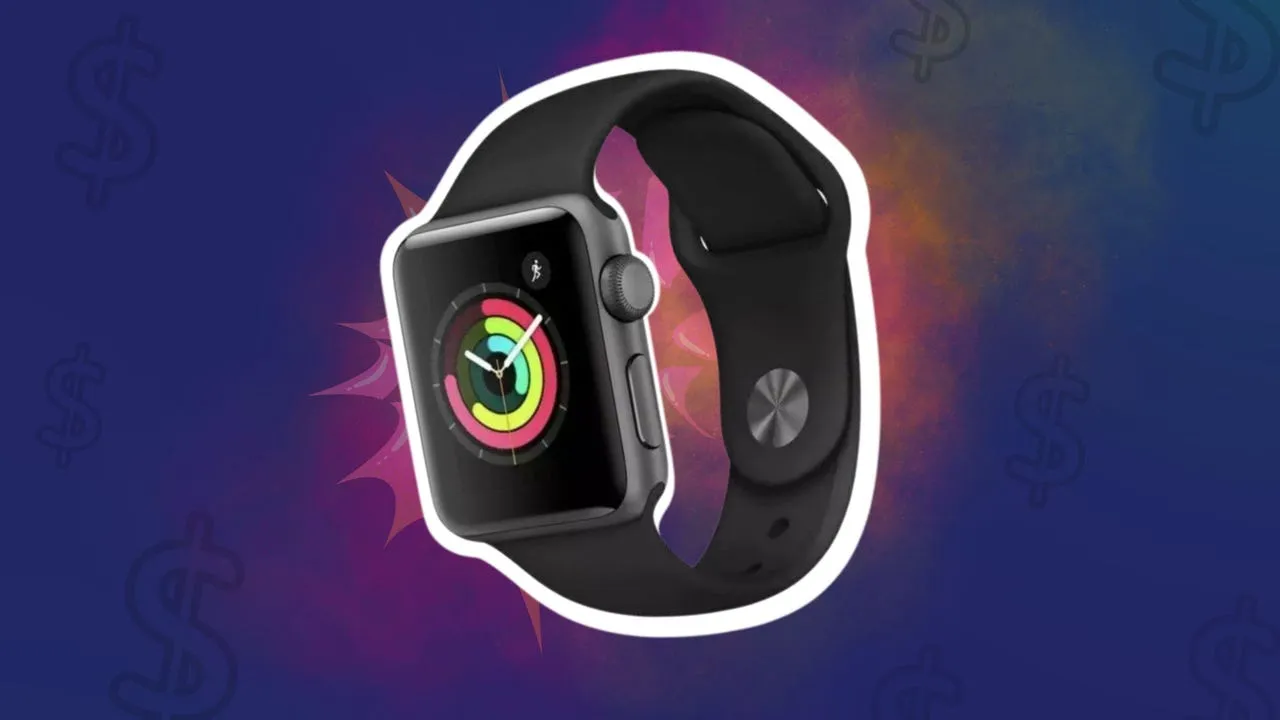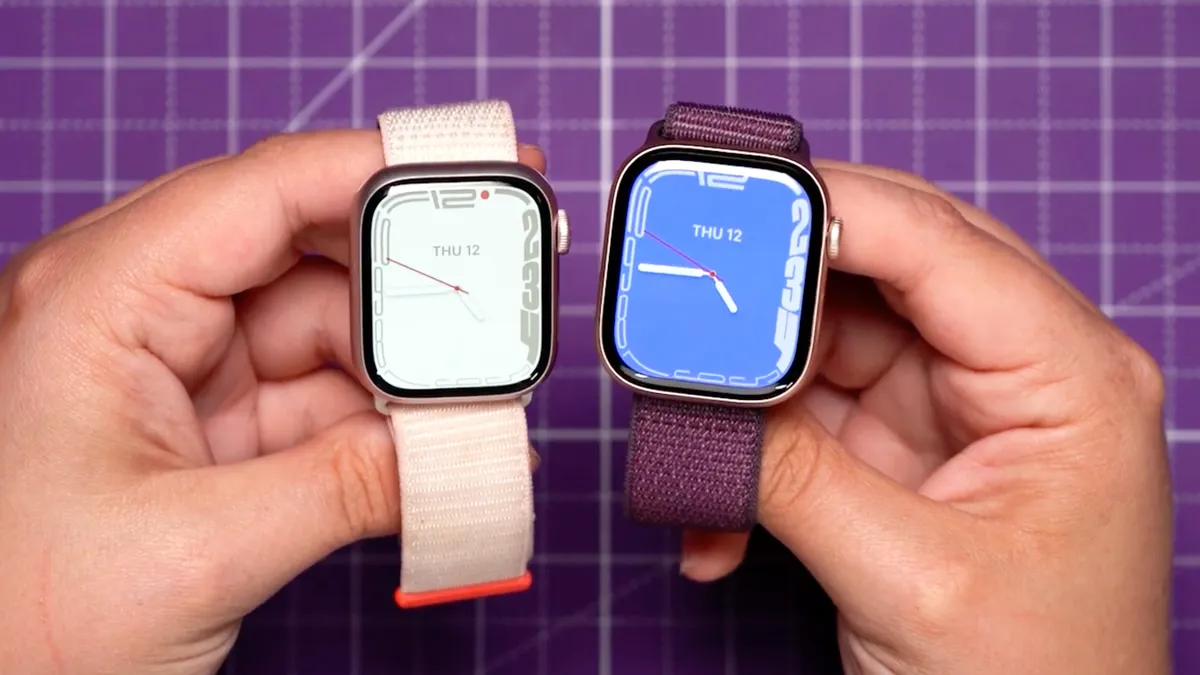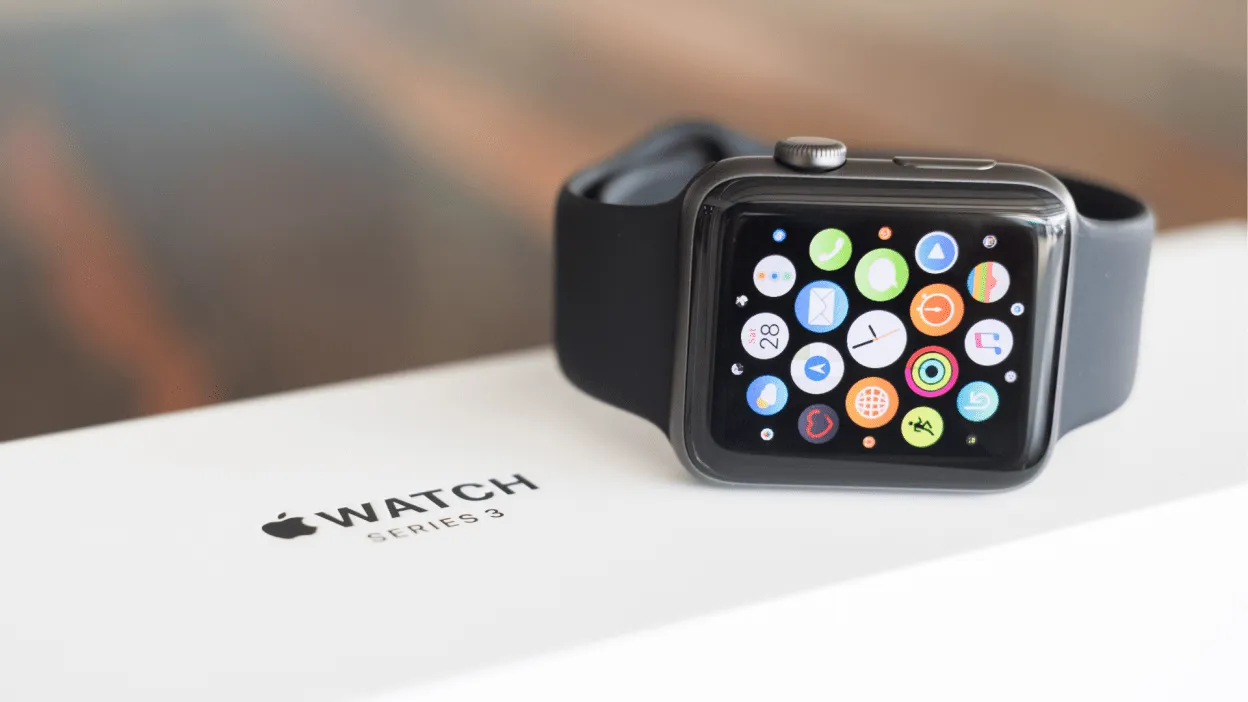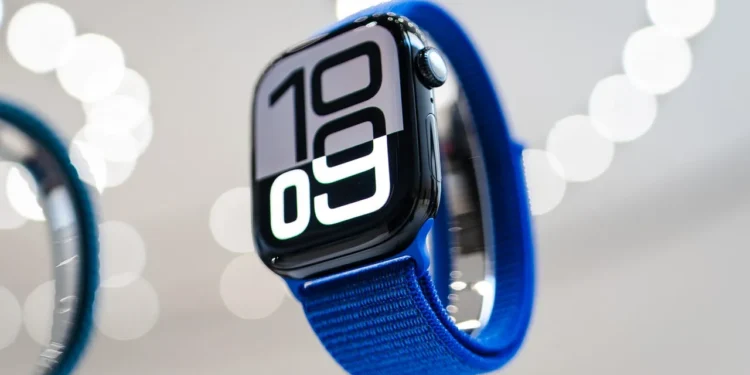In a significant legal development, Apple has decided to settle a class action lawsuit for $20 million. The lawsuit alleged that several models of the Apple Watch, including the first generation, Series 1, Series 2, and Series 3, experienced battery swelling issues that potentially damaged the devices. While Apple has consistently denied any wrongdoing, stating that they “strongly” disagree with the claims, the tech giant opted to settle to “avoid further litigation.”

The settlement marks a pivotal moment for users of older Apple Watch models who have faced these battery swelling issues. According to a statement given to TechCrunch, the decision to settle was primarily to prevent the continuation of the lengthy legal process. The exact compensation for affected customers is projected to be between $20 and $50 per eligible device, depending on the total number of claimants.
Understanding Your Eligibility and Claim Process
For Apple Watch owners who are looking to understand their eligibility for the settlement, the criteria are quite specific. Affected users must have reported the battery swelling issue in the United States between April 24, 2015, and February 6, 2024. The settlement class members are set to receive their payments without the necessity of submitting a claim form—a move that simplifies the process for many.

Eligible recipients are required to submit their payment information via the settlement website by April 10. Notifications regarding eligibility and further instructions have been slated for distribution through mail and email, ensuring that all impacted parties are informed and can take the necessary steps to receive their due compensation.
Implications for Apple and Future Consumer Trust
This lawsuit and its resultant settlement may have broader implications for Apple’s reputation and consumer trust. By settling, Apple hopes to mitigate negative publicity and potential disruptions to their customer relationships. However, this move also raises questions about the quality assurance and longevity of older Apple Watch models. As Apple continues to innovate and release new products, maintaining consumer trust and satisfaction will be paramount, especially in an industry as competitive and rapidly evolving as technology.

To sum up, the settlement not only addresses the grievances of affected Apple Watch users but also underscores the importance of robust customer service and product reliability in maintaining brand loyalty and trust. For Apple, this is an opportunity to reinforce their commitment to customer satisfaction, even if it comes at the cost of a $20 million settlement.









